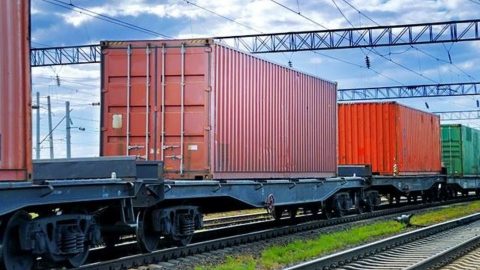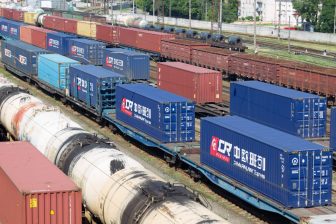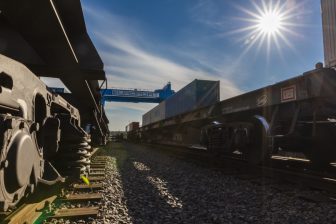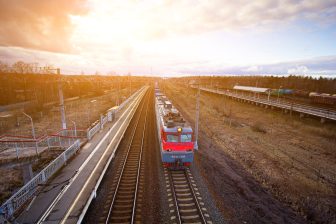
BREAKING NEWS
Ukraine and Poland agree to lift transit ban on rail freight
Container train in Ukraine, source: Ukrainian Railway
The ban on transit traffic between Poland and Ukraine will be lifted as soon as possible. This was announced by the Ministries of Infrastructure of Ukraine and Poland in a joint statement on Monday 31 January. By 4 February, the Ukrainian ministry will inform the Polish counterpart about the specific date that transit traffic may resume.
Do you want to read the full article?
Thank you for visiting RailFreight.com. Become a member of RailFreight Premium and get full access to all our premium content.
Are you already a member?
Having problems logging in? Call +31(0)10 280 1000 or send an email to customerdesk@promedia.nl.





